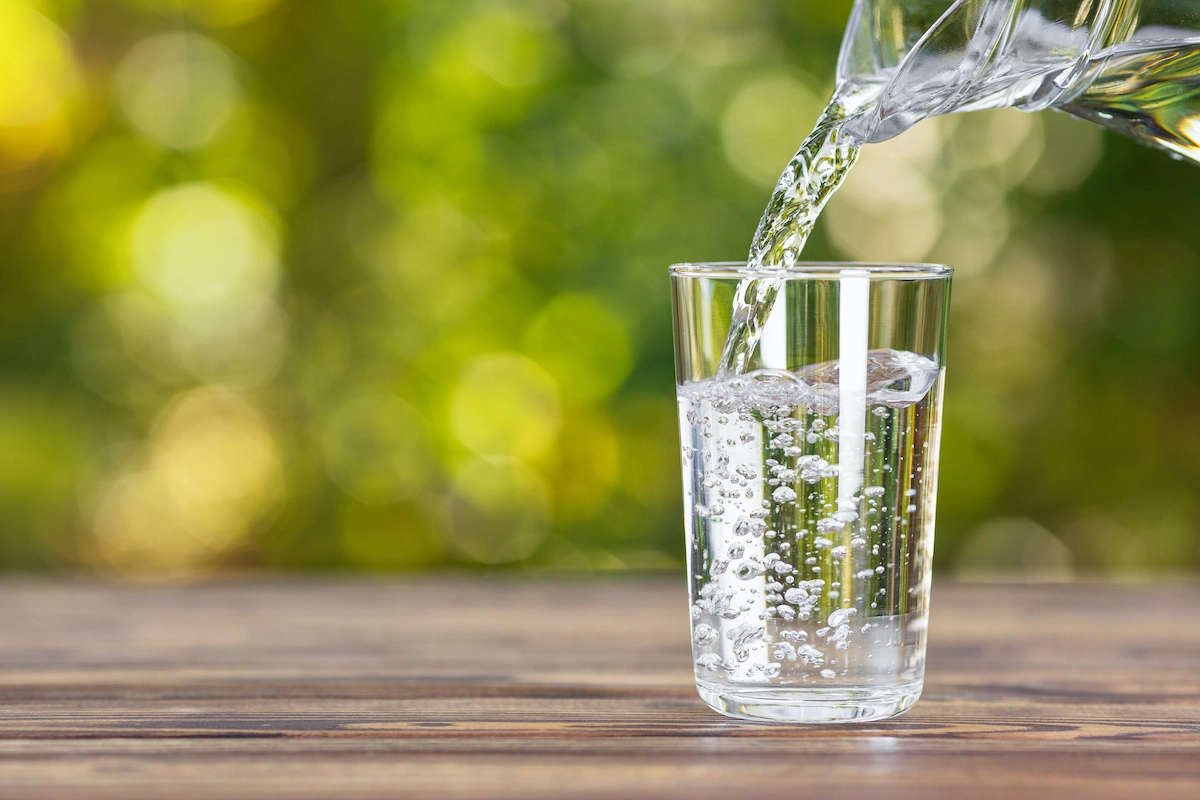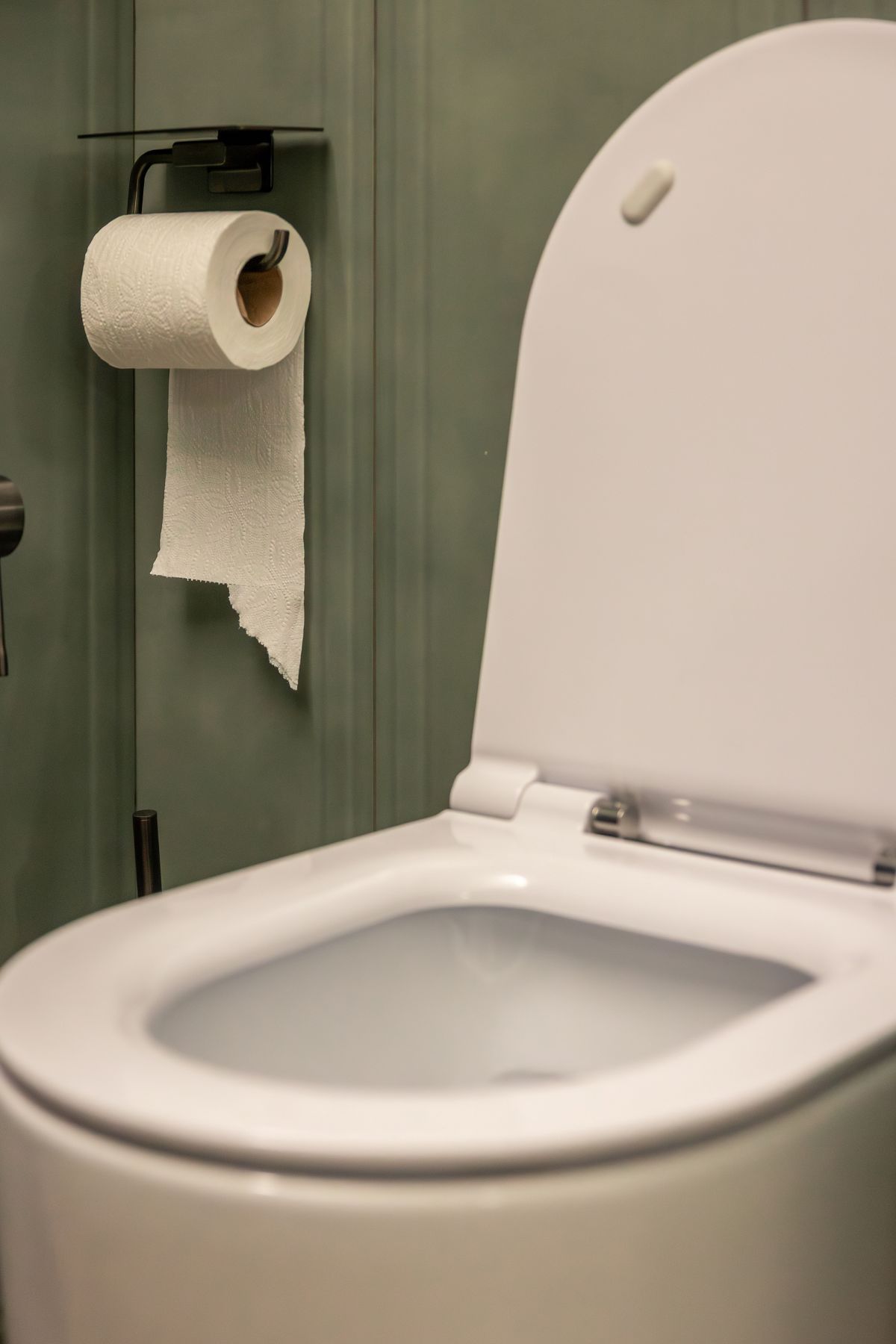
- Researchers say replacing soda with water, coffee, or tea can reduce a person’s risk of death from type 2 diabetes by more than 20%
- They add that drinking artificially sweetened sodas instead of regular soda can also reduce the risk, but only minimally
- Experts say unsweetened coffee and tea don’t raise blood glucose or sugar levels in the body in addition to other health benefits.
Adults with type 2 diabetes could live longer and reduce their risk of cardiovascular disease by switching from sugary drinks to water, coffee, or tea, a new study published in The BMJ suggests.
Looking at a group of more than 15,000 adults with type 2 diabetes over an average follow-up period of 18 years, researchers from the Harvard TH Chan School of Public Health in Boston reported that those who consumed the most sugar-sweetened beverages regularly had a 20% higher risk of death from any cause compared to those who drank the fewest types of these beverages.
In addition, people who drank the most sugary drinks had a 25% higher risk of cardiovascular disease and a 29% higher risk of cardiovascular disease-related death, the researchers said.
People with the highest sugary drink consumption drank on average more than one sugary beverage daily while those who consumed the least had less than one serving per month, the researchers noted.
“Sugary drinks containing a combination of fructose or high fructose corn syrup and glucose raise the blood sugar rapidly and induce rapid rise in blood sugar and insulin,” said Dr. Pouya Shafipour, a family and obesity medicine physician at Providence Saint John’s Health Center in California.
“This, in turn, will negatively impact diabetic control, worsen fatty liver, vascular inflammation and result in a higher risk of [cardiovascular] and other diseases that are directly linked with poorly controlled diabetes,” he told Medical News Today.
The benefits of coffee, tea, water
Researchers reported that there are also positive associations between increased intake of certain drinks such as coffee, tea, and water.
People who drank up to six drinks daily of coffee, tea, or water had a 26%, 21%, and 23%, respectively, lower risk of death during the study period. People who consumed high amounts of low-fat milk also had a 12% lower mortality rate.
Greater consumption of coffee and low-fat milk was also associated with an 18% and 12% lower risk of cardiovascular disease.
Those findings also make sense, Shafipour said.
“Diabetes is an independent risk factor for [cardiovascular disease],” he explained. “Coffee, tea, and plain water do not raise the blood glucose level or insulin level. Caffeine in coffee and tea has been linked with reducing blood sugar levels and has been found to beneficial for the management of fatty liver, hence reducing insulin resistance.”
This study relied on patient surveys and self-reporting, meaning that it’s not possible to establish a direct causal link between beverage consumption and health for people with type 2 diabetes.
The associations made, however, seem reasonable, according to Dr. Mert Erogul, an obesity medicine specialists and a medical bariatrician at the Maimonides Medical Center in Brooklyn, New York.
“This is probably the best study one could hope for in nutritional epidemiology, a stronger data set than the observational data that is typical for this field,” he told Medical News Today. “A prospective randomized controlled trial at this scale is not a realistic option.”
About artificial sweeteners
People who swapped sugary drinks for low-calorie, artificially sweetened beverages were also accounted for in the study.
The artificially sweetened beverages were also associated with lower mortality, but to a lesser extent — just 4% lower overall.
Diet drinks, nearly all of which are artificially sweetened, have also been associated with heart conditions, metabolic issues, and liver problems, prior research shows.
In addition, some artificial sweeteners have been linked to an increased risk of cancer.
“Artificially sweetened drinks have also shown to still induce an insulin release, causing hunger and worsening insulin resistance,” Shafipour noted.
Swapping out sweet drinks
When in doubt, switch away from sweet drinks to non-sweet ones, whether coffee, water, tea, or something else, Erogul recommended.
“Comparing a beverage to something sweetened with sugar is a very low bar, especially in the context of diabetes,” he said. “So you cannot say much about the health benefits of coffee or tea from this study, even though they are known to have antioxidant properties. In fact, they seem roughly equivalent to water.”
“Diluting the body’s volume with most fluids will be beneficial in diabetes because it helps the body get rid of excess sugar,” he added.










